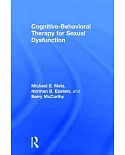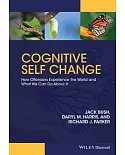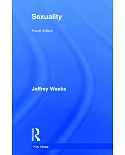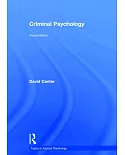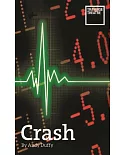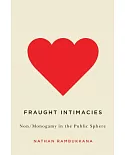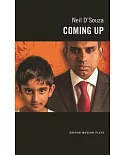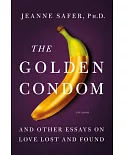Forensic mental health assessment (FMHA) has grown into a specialization informed by research and professional guidelines. This series presents up-to-date information on the most important and
frequently conducted forms of FMHA. The 19 topical volumes address best approaches to practice for particular types of evaluation in the criminal, civil, and juvenile/family areas. Each volume
contains a thorough discussion of the relevant legal and psychological concepts, followed by a step-by-step description of the assessment process from preparing for the evaluation to writing
the report and testifying in court.
Volumes include the following helpful features:
- Boxes that zero in on important information for use in evaluations
- Tips for best practice and cautions against common pitfalls
- Highlighting of relevant case law and statutes
- Separate list of assessment tools for easy reference
- Helpful glossary of key terms for the particular topic
In making recommendations for best practice, authors consider empirical support, legal relevance, and consistency with ethical and professional standards. These volumes offer invaluable
guidance for anyone involved in conducting or using forensic evaluations.
This book addresses the evaluation of damage for discrimination or harassment claims. Specific ethical issues that may arise when conducting these assessments are discussed, along with
suggestions to address and resolve them. A helpful review of empirical research related to the frequency and types of workplace discrimination and its potential effects on employees is also
included.


